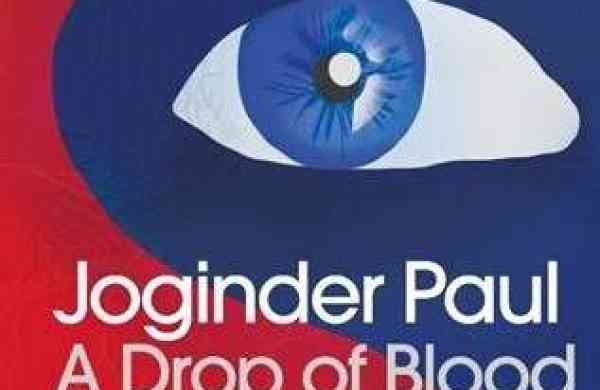Joginder Paul's iconic Urdu novel now in English

New Delhi: Joginder Paul's iconic Urdu novel "Ek Boond Lahoo Ki", which is a powerful satire about institutional corruption and greed cleverly exploring the insidious ways in which the mighty habitually prey upon the vulnerable, has been translated into English.
Paul is regarded as one of the greatest Urdu novelists of the 20th century and wrote this book in Nairobi in the late fifties when Nehruvian socialism was very much in the air in India and the author was greatly affected by class inequalities witnessed in Kenya.
He was a penniless refugee when he migrated to Kenya after the Partition of 1947.
"Ek Boond Lahoo Ki" has been translated for the first time into English as "A Drop of Blood" by Snehal Shingavi. The ebook was released on Tuesday by Penguin Random House India.
The book was published in 1962 at the dying end of the Nehruvian era, but expressed some of its most deeply held pieties: a socialist dispensation for India, tolerance of all religious expression, a hope for the uplift of women, and modernised and educated life for all of its citizens.
In order to capture that, Shingavi says Paul's novel deals with, among others, a secular Rajput protagonist, a Hindu/Sikh elderly woman with little education, an Anglo-Indian nurse, an ultra-modern Muslim doctor and his daughter, a married Muslim woman and her husband, a Hindu clerk, and a range of other minor characters.
The central character is Mohan Karan, who has been blessed with exceptional good looks and a rare blood type. An orphan with few connections, he finds that his degree in English literature is unable to secure him a proper job.
However, he discovers he can make good money by selling his blood to a private blood bank. And while this opens up unexpected possibilities for this unemployed graduate, little does he realise that it all comes at great personal cost.
A writer of both short stories and novels, Paul was an important figure in the Progressive Writers' Movement.
According to Shingavi, from any post-Independence perspective, however, the fact that Paul, a Hindu, chose Urdu as the medium of his expression exposes two fallacies at the same time.
"First, that language has a religion (a commonly held misconception in South Asia today); and second, that Urdu could not successfully modernise itself," he says.
"This is part of the reason that Paul's writing is so important and has endured for so long and with so much success," he adds.















































